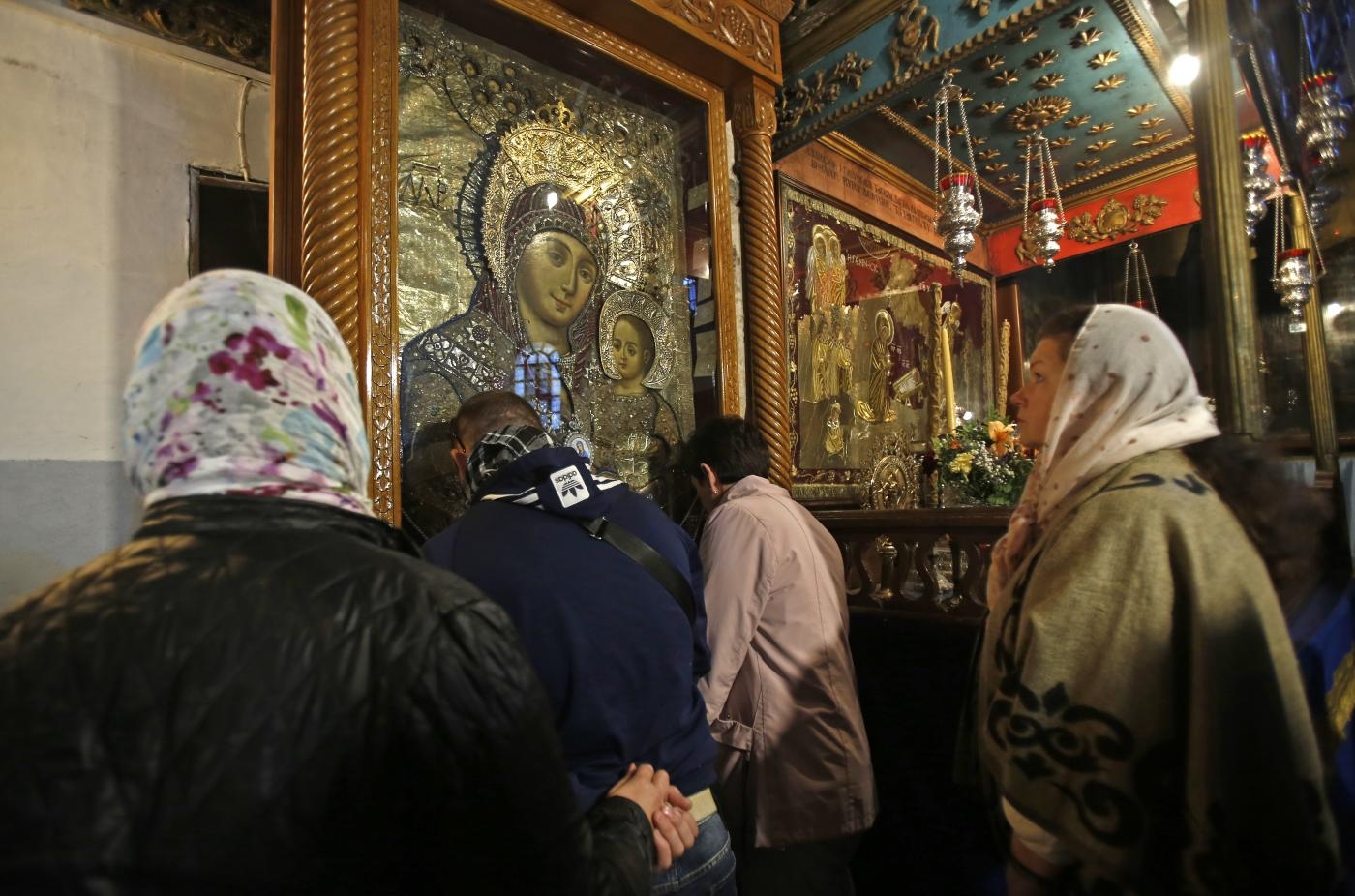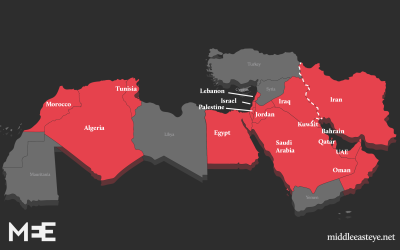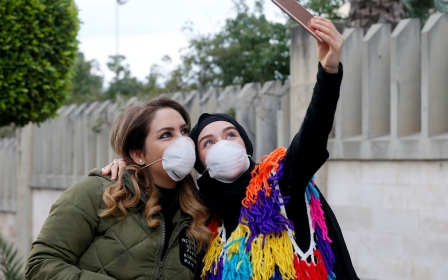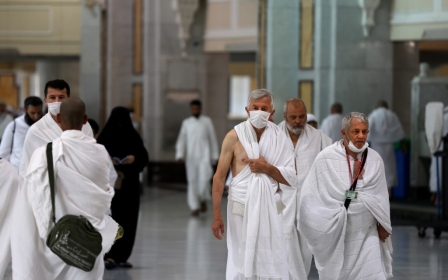Coronavirus in Palestine: Suspected cases near Bethlehem

Several possible cases of coronavirus have been detected in a hotel near the Palestinian holy city of Bethlehem in the occupied West Bank, putting the activities of the Christian Lent season to a standstill.
Palestinian President Mahmoud Abbas on Thursday announced a state of emergency and ordered all schools and universities to be closed for a 30-day period.
Dr Tarif Ashur, the Palestinian Authority health ministry spokesperson, said four suspected cases were registered in the Angel Hotel in Beit Jala, a town next to Bethlehem.
He said that tests are still being carried out and asked the the public “not to panic”.
“We took samples from Polish and American tourists staying in the hotel, as well as 21 employees. Most of them were tested negative, but we sent the samples to the Israeli side to confirm the results,” Ashur said.
Later on Thursday, the PA announced that all reservations held by foreign tourists at facilities in the West Bank had been cancelled.
In the meantime, the health ministry announced that it will transform a local drug and alcohol-addiction treatment centre into a quarantined facility for possible cases of coronavirus.
Angel Hotel has been closed off and quarantined. Middle East Eye called the hotel reception several times but got no answer.
In response to the possible outbreak, Palestinian security forces announced an emergency plan in Bethlehem, Jericho and the Jordan Valley towns.
Mosques, churches and schools in these areas will close for 14 days, including Bethlehem's Church of the Nativity. The believed birthplace of Jesus is a popular pilgrimage and tourist destination, and Christians are currently observing the season of Lent.
Tourist groups and hotel bookings will also be put on hold.
Israel has announced 15 cases of coronavirus infection, most from people coming from abroad. Nearly 5,000 people have been quarantined, with special polling stations set up for last Monday's election, and Israel has stopped incoming flights from 13 countries badly affected by the virus.
Middle East Eye propose une couverture et une analyse indépendantes et incomparables du Moyen-Orient, de l’Afrique du Nord et d’autres régions du monde. Pour en savoir plus sur la reprise de ce contenu et les frais qui s’appliquent, veuillez remplir ce formulaire [en anglais]. Pour en savoir plus sur MEE, cliquez ici [en anglais].





